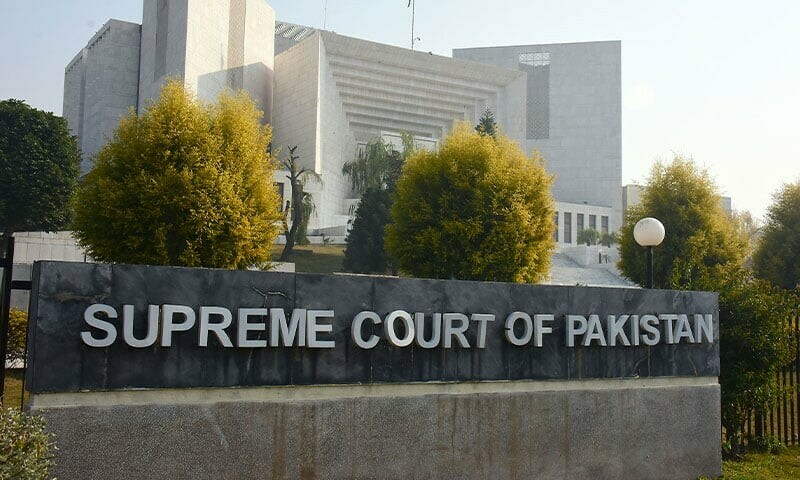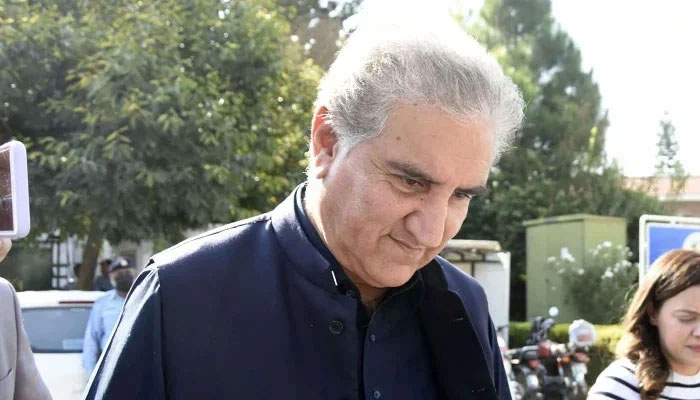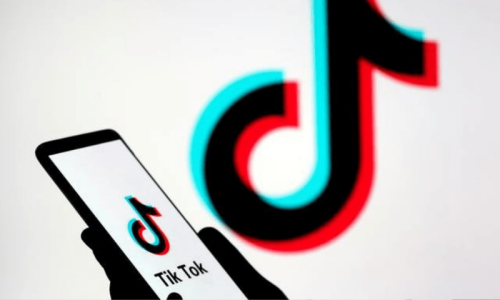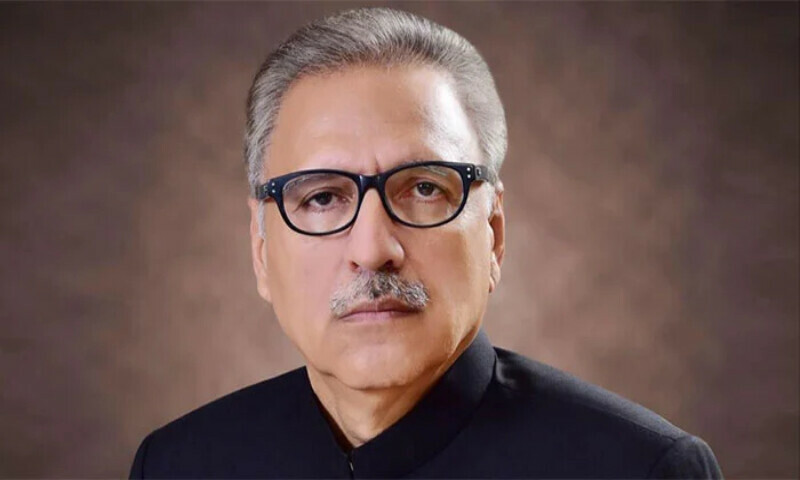LEGAL
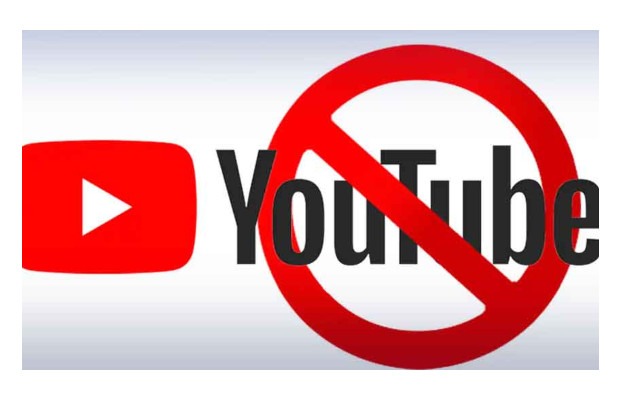
Islamabad Additional Sessions Judge Afzal Majoka on Friday suspended an earlier court order that had directed the blocking of 27 YouTube channels run by prominent Pakistani journalists and content creators.
The ban, originally ordered by Judicial Magistrate Muhammad Abbas Shah, was based on a plea filed by the newly constituted National Cyber Crime Investigation Agency (NCCIA). The agency had alleged that these channels were involved in spreading “anti-state content,” defamation, and misinformation targeting judicial officials.
The NCCIA’s complaint, led by Sub-Inspector Waseem Khan, claimed that the material being published had the potential to create fear, unrest, and violate the privacy and dignity of state officials. The agency invoked provisions under the Prevention of Electronic Crimes Act (PECA), 2016, and Pakistan's penal code to justify the ban.
The original court order had even directed YouTube's parent company, Google LLC, to block or remove the listed channels.
Legal Challenge by Digital Rights Advocates
The suspension of the order came after a strong legal pushback by a team of high-profile human rights lawyers, including Riasat Ali Azad, Imaan Zainab Mazari-Hazir, Zainab Janjua, and Farrukh Jillani, along with digital rights activist Farieha Aziz.
Journalist Asad Toor, one of the blocked creators, took to X (formerly Twitter) to confirm that the suspension had been granted and vowed to continue his legal fight for freedom of speech and accountability.
“Neither I nor any of the affected creators were given a chance to defend ourselves in court before the ban. This is a gross violation of due process,” Toor said.
Concerns Over Free Speech and Legal Overreach
Critics of the NCCIA's move argue that such actions are part of a larger crackdown on dissent and independent journalism in Pakistan. Activist Usama Khilji criticized the judicial proceedings, stating:
“What is jarring is the complete lack of legal process. This isn’t just censorship — it’s state overreach.”
This case follows a troubling pattern of increasing state control over digital platforms, with repeated bans on X, TikTok, and Facebook, and growing legal constraints on online expression.
Earlier this year, Pakistan's parliament passed amendments to PECA, creating new social media tribunals and authorities empowered to impose up to three years' imprisonment and Rs2 million fines for spreading “false or fake” information online.
Regional Parallels and Global Scrutiny
The developments mirror similar digital crackdowns in India, where the government has also ordered mass removals of YouTube content, citing national security concerns. Major tech platforms like X and Google have faced ongoing tension with governments over content regulation.
The suspension of the blocking order is being seen as a temporary relief for digital content creators in Pakistan. However, with the NCCIA inquiry still active, the case is far from over.
